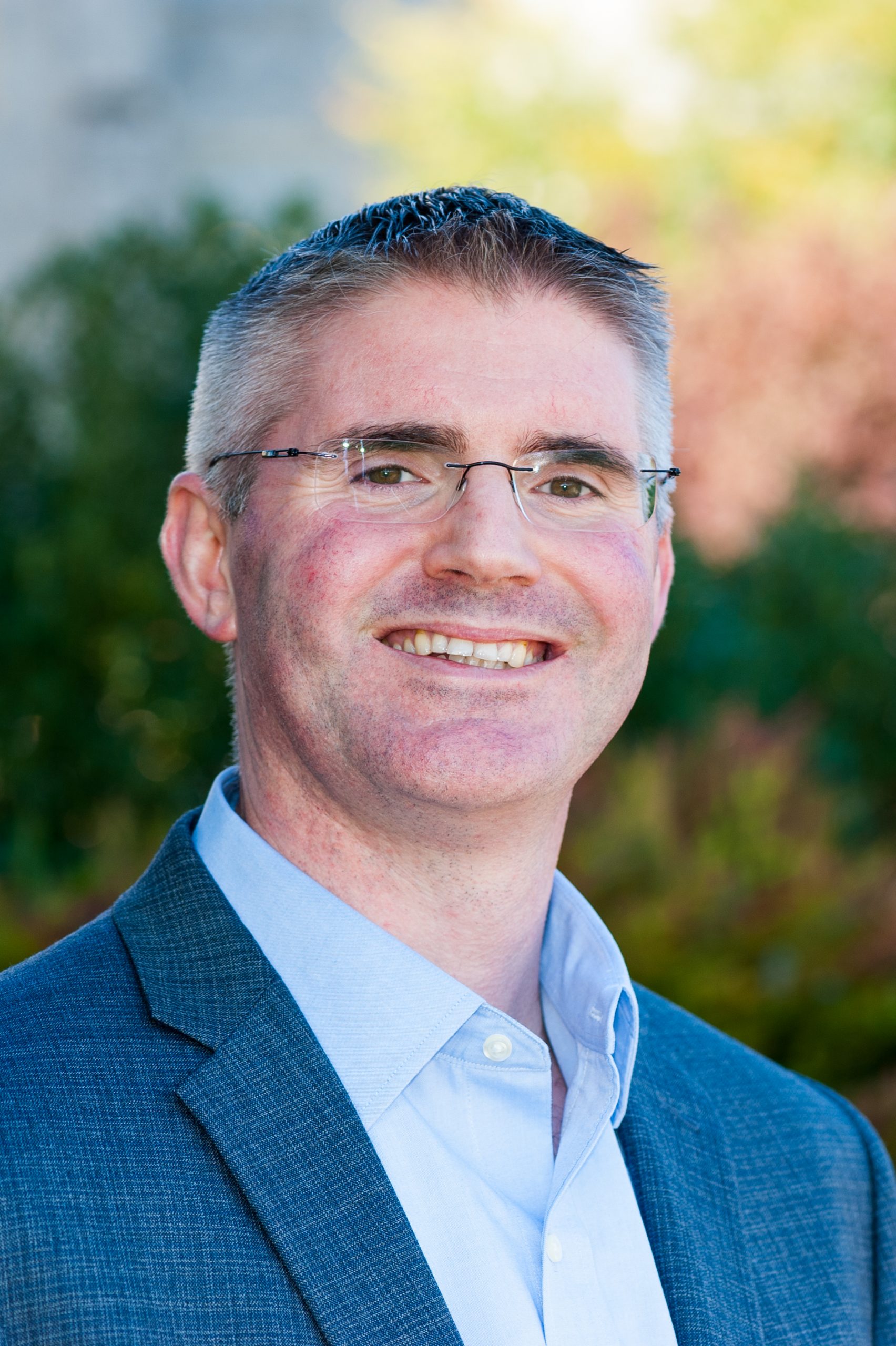Associate Professor, Urban Affairs and Planning (UAP) Program; Associate Director, School of Public and International Affairs (SPIA); Director, SPIA Undergraduate Program, Virginia Tech

Recent Activity Bio
Dr. Hall has over two decades of academic and professional experience in applying the concept of sustainable development to infrastructure systems with a specific emphasis on transportation systems in developed regions, and rural water supply and sanitation systems in developing regions. He has published two significant co-authored works on “Technology, Globalization, and Sustainable Development: Transforming the Industrial State” (2018) and “Sustainable Transportation: Indicators, Frameworks, and Performance Management” (2015).
In 2017, Dr. Hall co-led the creation of the Beloved Community Initiative (BCI) that established a partnership between Virginia Tech and Virginia Union University, to help realize Dr. Martin Luther King, Jr.’s concept of the Beloved Community in American society. In 2018, the BCI held the Dr. Martin Luther King, Jr. Jubilee Summit, ran the first BCI Essay Contest, and recorded Dr. Virgil Wood and Dr. Owen Cardwell talking about their time with Dr. King Jr. and the impact this has on their life’s work.
Dr. Hall is currently developing a research agenda around new economics, with a focus on binary economics/inclusive capitalism and is co-leading the development of a new library at Mzuzu University in Malawi.
BCI Partnership Vision
Over the past forty years, income growth for the middle and lower classes has stagnated, while the economy (and with it, economic inequality) has grown significantly. Early automation, the decline of labor unions, changes in corporate taxation, the financialization and globalization of the economy, deindustrialization in the U.S. and many OECD countries, and trade have contributed to these trends. However, the transformative roles of more recent automation and digital technologies/artificial intelligence are now considered by many as additional and potentially more potent forces undermining the ability of workers to maintain their foothold in the economy. These drivers of change are intensifying the extent to which advancing technology imbedded in increasingly productive real capital is driving productivity. To compound the problem, many solutions presented by industrialized nations to environmental problems rely on hyper-efficient technologies, which if fully implemented, could further advance the displacement of well-paid job opportunities for many.
While there are numerous ways to address economic inequality, a promising approach is to use the principles of binary economics to provide all citizens with an ownership stake in the growth of a future sustainable economy. This approach is based on the premise that it is the increasing productiveness of capital enhanced by technological advance (not labor) that is doing an ever-greater share of the work, creating more of the wealth, and is driving economic growth and inequality. By targeting ownership-broadening binary financing towards sustainable production, this approach holds the potential to structurally change investment and ownership so it promotes sustainable development and completes the environmental-production-income and distribution-consumption cycles.
